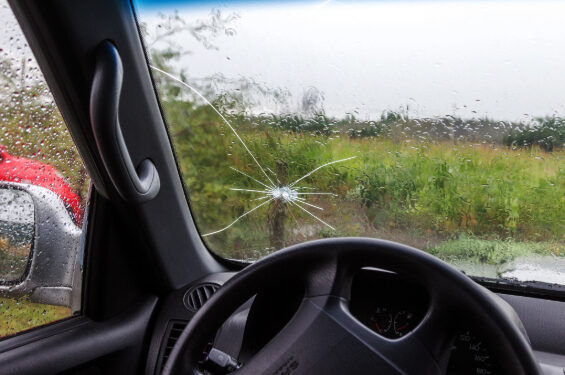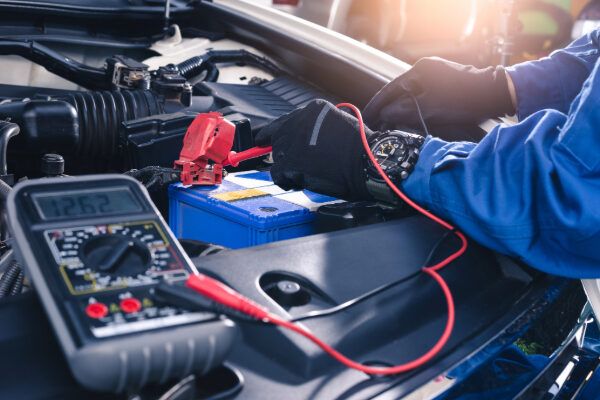
A small scratch can be a big deal when it’s on your beloved automobile. Even if it’s in a place where most people will never see it, you know it’s there. And you want to do something about it before it turns into a more serious issue.
When you have scratches without dents that don’t call for assistance from a body shop, what’s the best way to fix them? First, determine what kind of scratch you’re dealing with. Then, make a plan for your at-home car scratch repair.
Three kinds of scratches
There are three basic kinds of car scratches, and each requires its own approach[1]:
- Clear coat scratch – the most superficial type of scratch. They are tiny abrasions in the top layer of clear coating that protects your paint job. In a clear coat scratch, paint and primer aren’t affected.
- Paint scratch – this occurs when the scratch goes past the clear coat and into the paint itself.
- Deep scratch – the worst type of scratch. It will require a professional repair. This scratch happens when the damage goes all the way to the metal, cutting through the clear coat, paint and primer.
Of these scratches, the deep scratch that goes all the way to the body of the car is the most difficult and expensive to repair. You’ll need to get professional help to make sure the damage is repaired and sealed properly to ensure that you don’t end up with rust.
DIY scratch repair[2]
Fortunately, the first two types of scratches often can be resolved with products from your local auto repair shop. When you discover a scratch and want to fix it, hand-wash your car first to remove any dirt or grime from the surface. Use a clay bar or a nanoskin towel or mitt to buff the surface. This removes swirls and hairline scratches, refreshing the look of your car. It can also help you see which areas need the most work.
Finally, give the vehicle a good waxing and hand-buff the surface; if your scratches are superficial, chances are they’ll be gone by now. If you still see scratches, try applying a liquid scratch remover. You can find them online or at your local auto parts store[3].
When the damage goes deeper
If your scratches haven’t gone away, you might have to put a little more muscle into your repair. There are several DIY kits available that include a rotary tool or have attachments that fit onto your existing drill. These tools can help hide light scratches. This method does sand away your clear coat, but you can easily refresh the look of the paint with a polishing compound or finishing paste[1].
If the damage has gone deep enough that no amount of sanding will remove it, get matching paint from your auto dealership and fill in the scratch yourself. Apply a small amount of paint to the scratch using a toothpick. Using the brush in the paint bottle will likely apply too much paint and can draw more attention to the scratch. Let it dry completely and repeat the process if necessary. Then, use a polishing tool to smooth everything out[4].
Minor scratches without body damage are relatively easy to fix for yourself. However, if your vehicle has suffered a dent or scrape that needs body work, talk to your insurance agent about the next steps. And, if you’re on a roll making small repairs to your vehicle, this is also a great time to learn about fixing your car’s upholstery.
[1] “Different Types of Car Scratches,” Michael J’s Collision Center
[2] “How to Fix a Car Paint Scratch,” Popular Mechanics
[3] “Scratch Level Chart,” Capitol Shine
[4] “’Tis But a Scratch: Misadventures in Automotive Scratch Repair,” Wired



